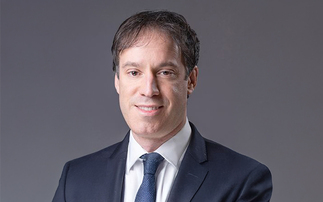PARTNER INSIGHT: Alex Wright, portfolio manager of the Fidelity Special Situations Fund and Fidelity Special Values PLC, explains how he has had to adapt to changing market conditions in order to stay ahead of the market.
Over the last few years there has been two fairly distinct market regimes which have impacted the types of shares that have been in and out of favour.
However, since the first half of 2016, expectations for global growth and inflation have risen, and valuations in some cyclical stocks now reflect a fairly optimistic view of the future. As a result, portfolio positioning has evolved and adapted to the changing market conditions.
More recently, I have been finding an increasing number of bottom-up opportunities in defensive businesses, and relatively fewer cyclicals. As part of our monitoring of macroeconomic risks impacting the fund, we regularly produce analysis that shows how portfolio positioning has evolved over time. These weightings are primarily an outcome, rather than something I target.
While some previously popular stocks such as British American Tobacco or Reckitt Benckiser have underperformed significantly over the past year or so, and may look appealing on dividend yield and P/E metrics, significant debt piles at the companies mean they are not yet attractive to me on a more revealing EV/Sales basis.
In addition, these are businesses which have been optimised over many years, meaning positive change to profit margins is more likely to be behind us rather than ahead of us.
Although I am yet to find much value in the most obvious defensive sectors, such as large-cap staples, there are a number
of ‘hidden defensives' - companies in sectors which are generally regarded as cyclical, but where the companies themselves have limited exposure to the economic cycle. In some cases, in fact, a weakening economy would work in their favour.
When people think of the industrials sector, they tend to think of engineering and manufacturing businesses heavily linked to economic growth cycles and capital spending. In reality, the industrials sector covers a hugely diverse range of businesses, including some which have much more defensive business models than the general view of ‘industrials' would suggest.
To read this article in full and access the defensive stocks Alex Wright has been investing in, click here.













